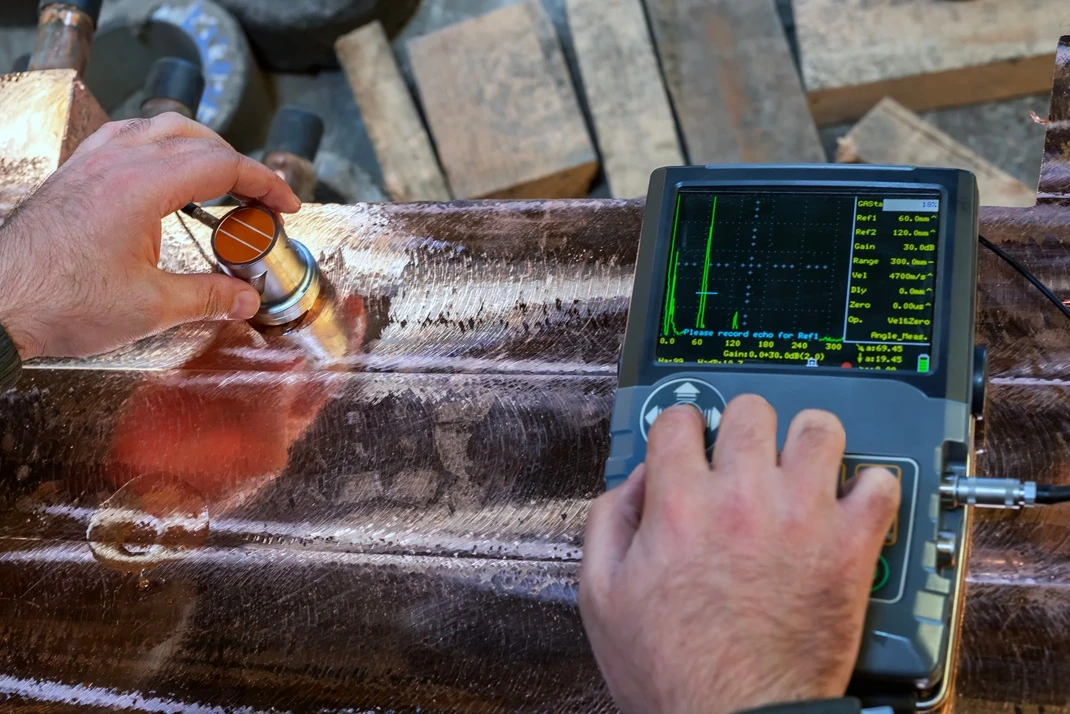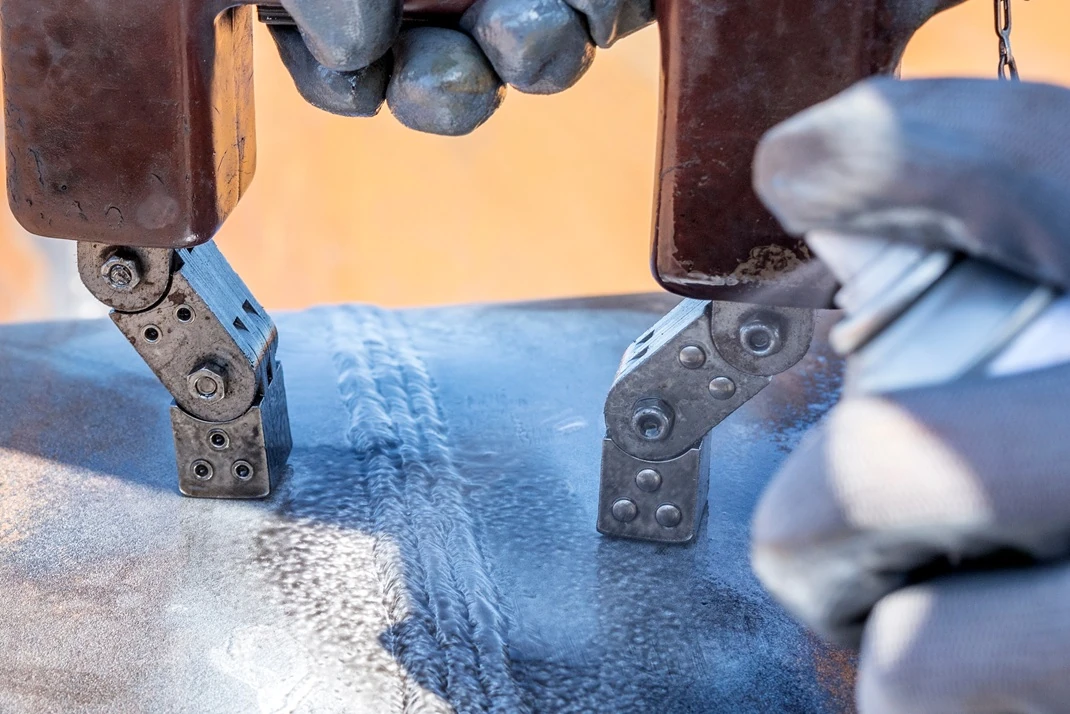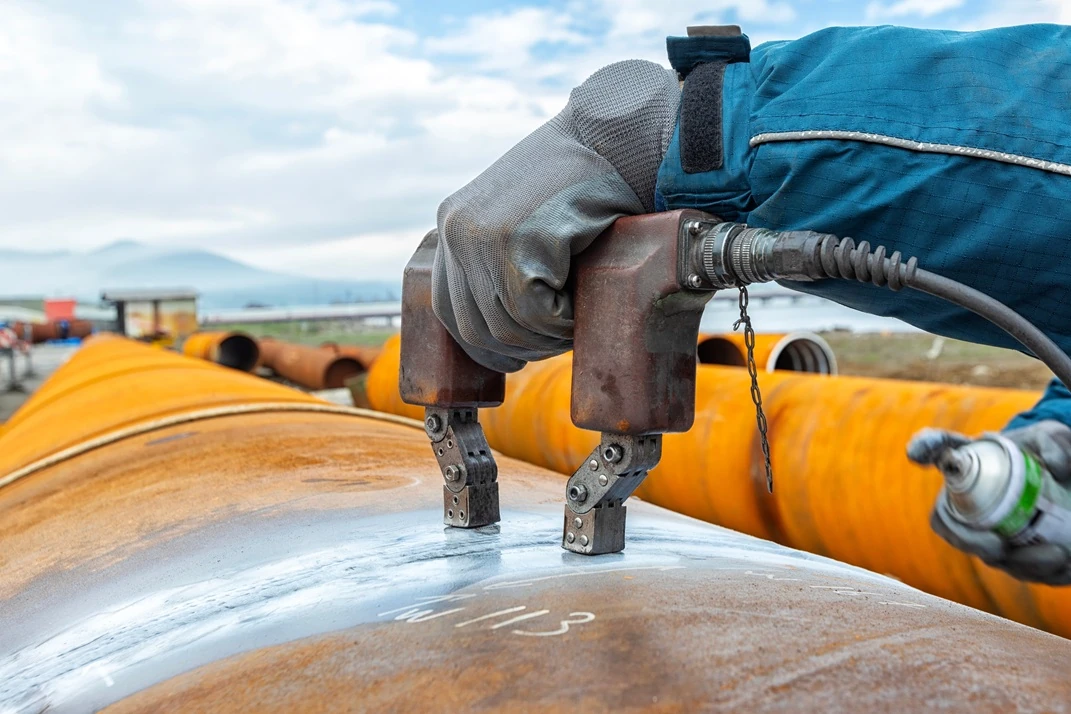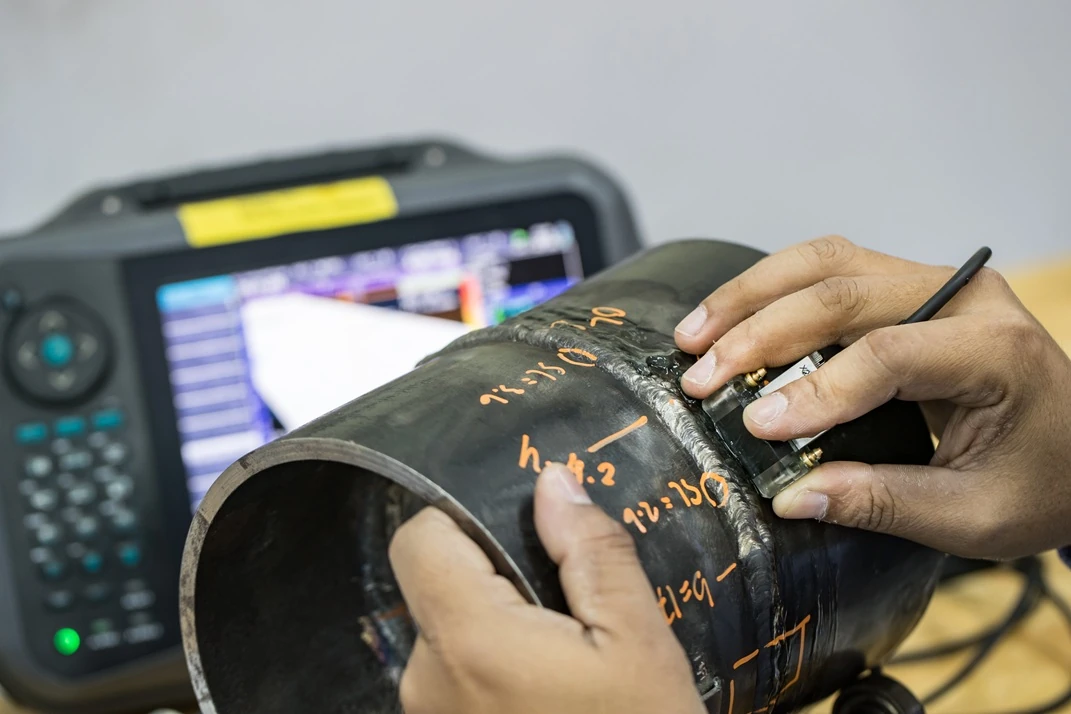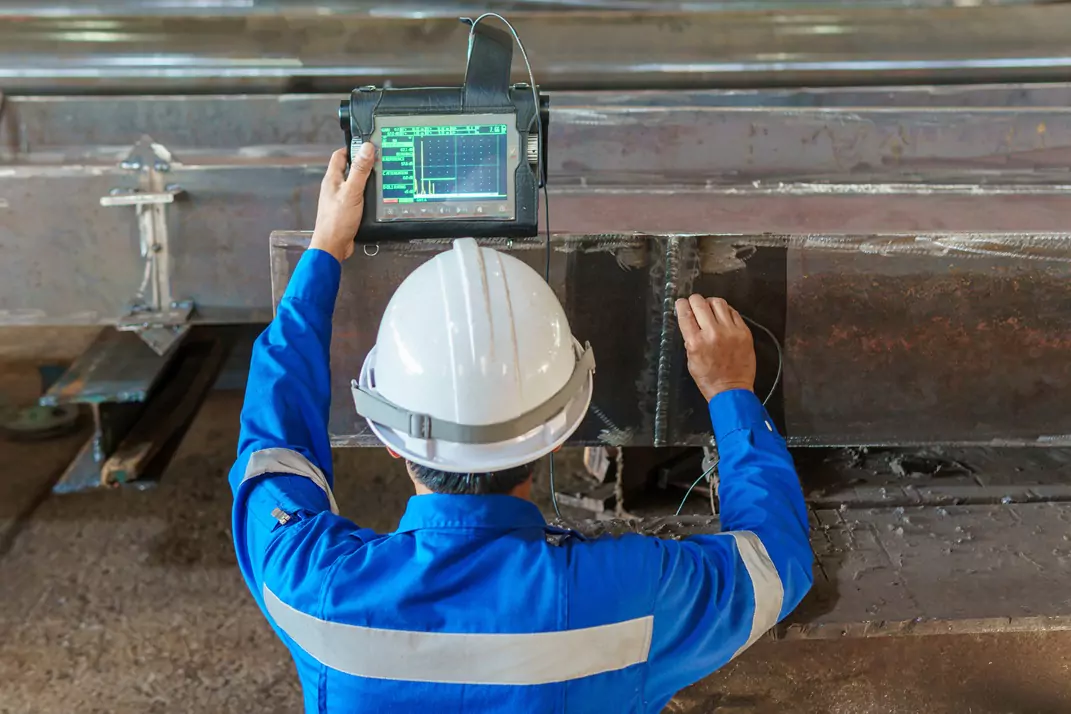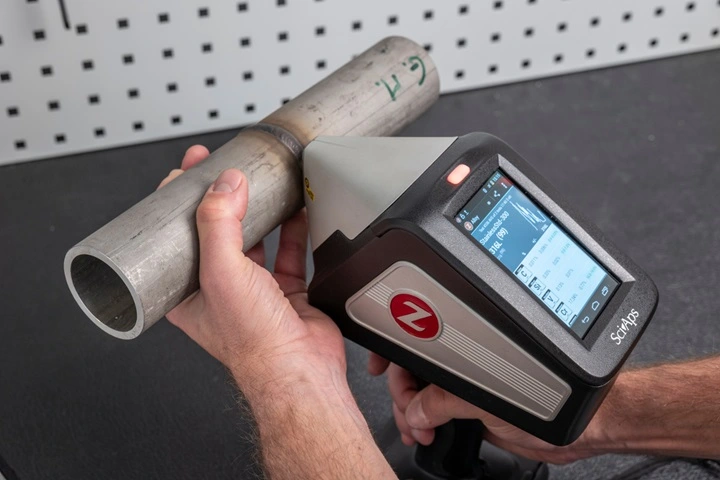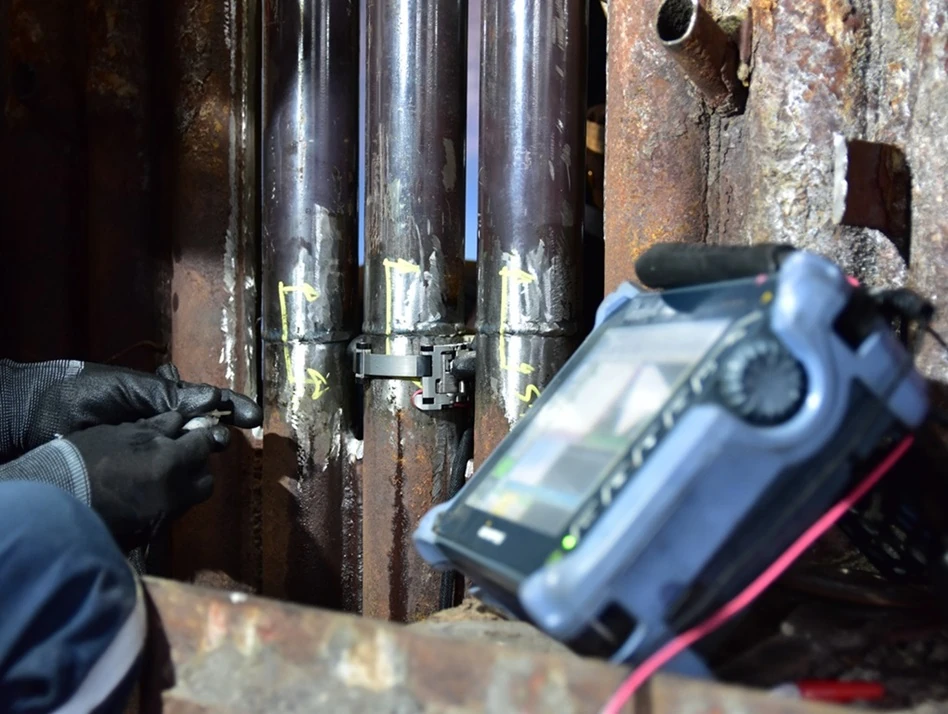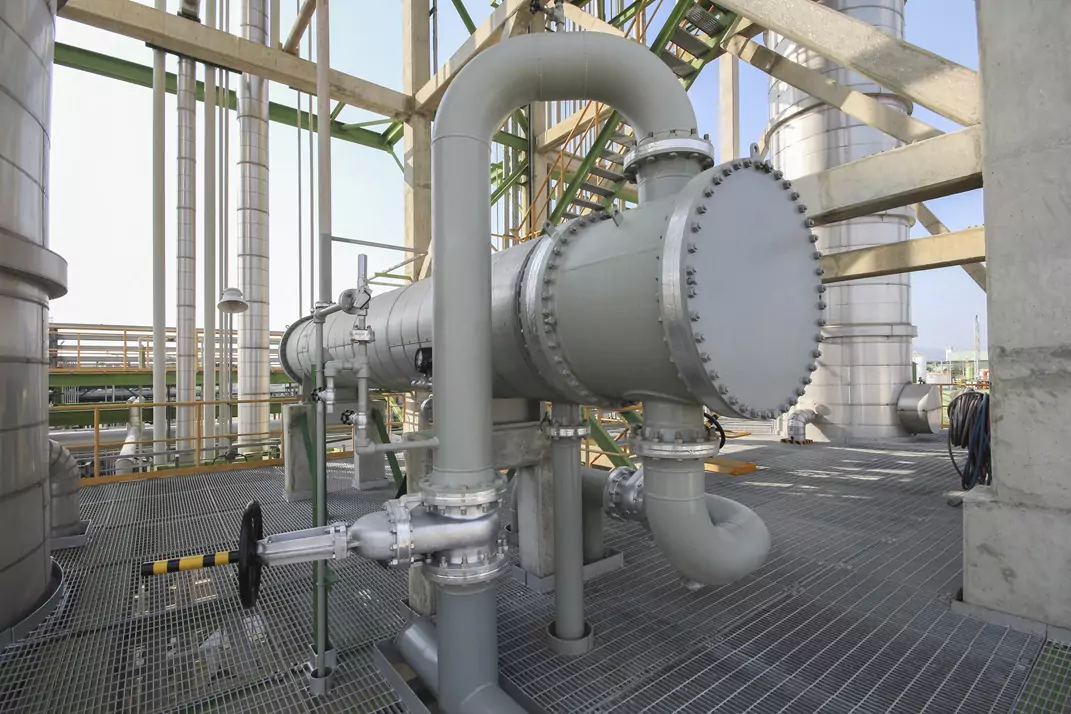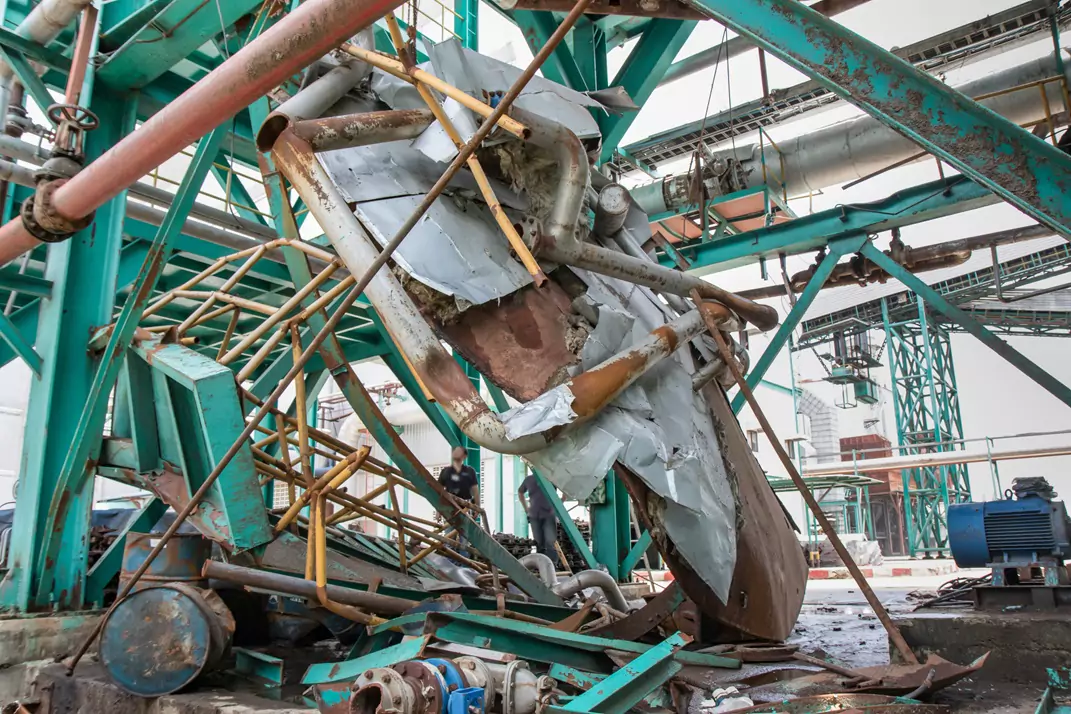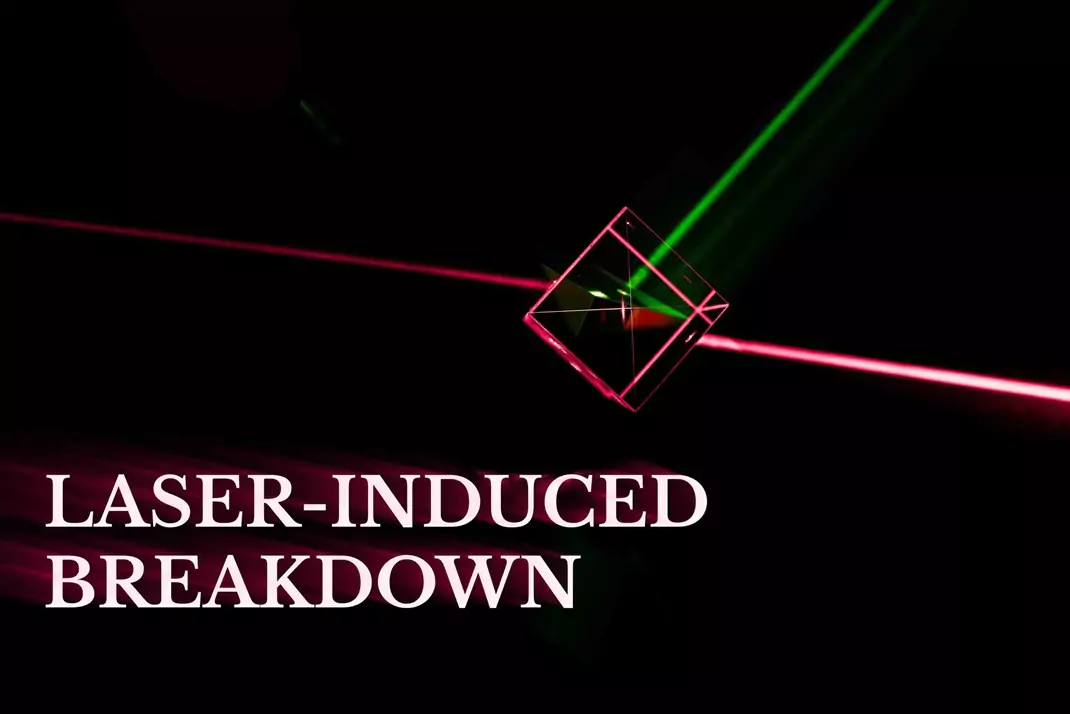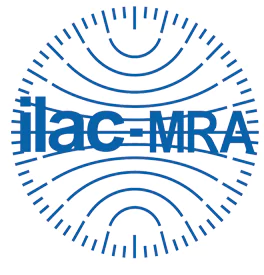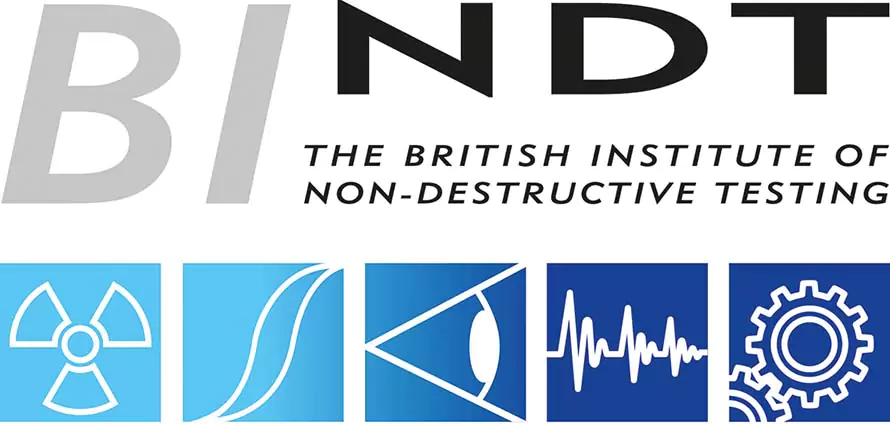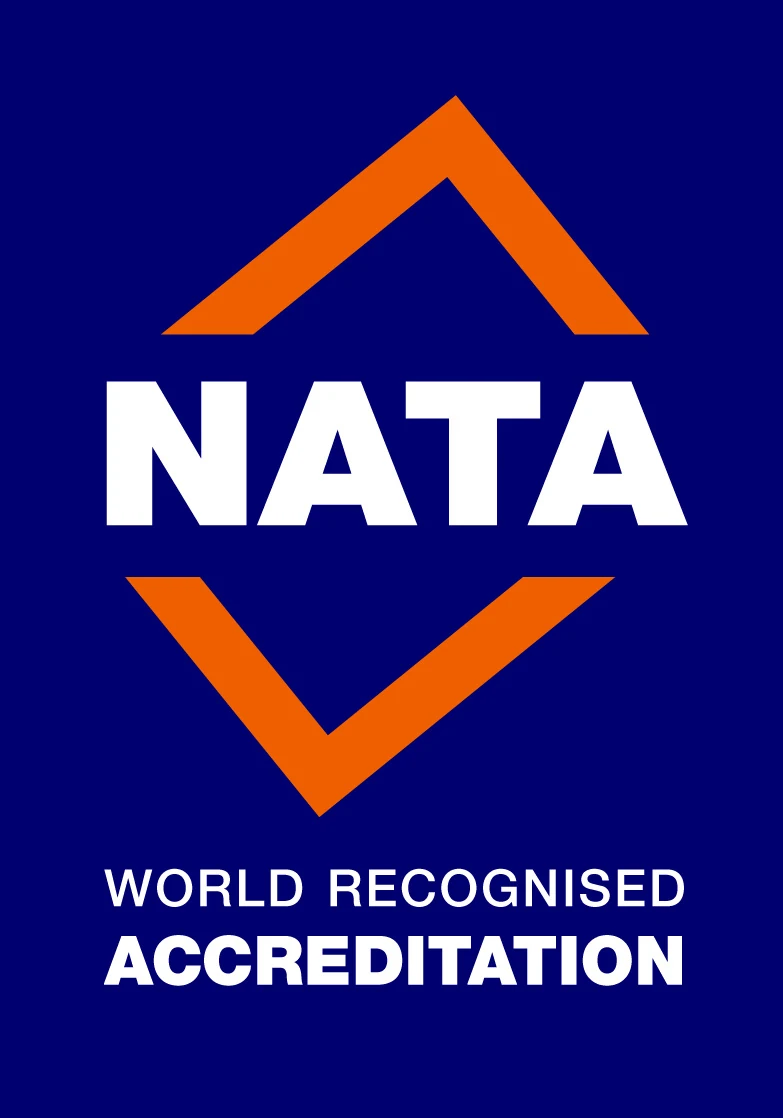
Key Insights and Importance of NDT Inspections
In the realm of industrial operations, pressure vessels play a crucial role across various sectors — from oil and gas to chemical processing, hydrogen plants, power generation, and water treatment. These specially designed containers hold liquids or gases at pressures that significantly differ from the surrounding atmospheric pressure. This blog post delves into the characteristics, types, and importance of pressure vessels, alongside the necessity for regular non-destructive testing (NDT) inspections to ensure optimal safety and compliance.
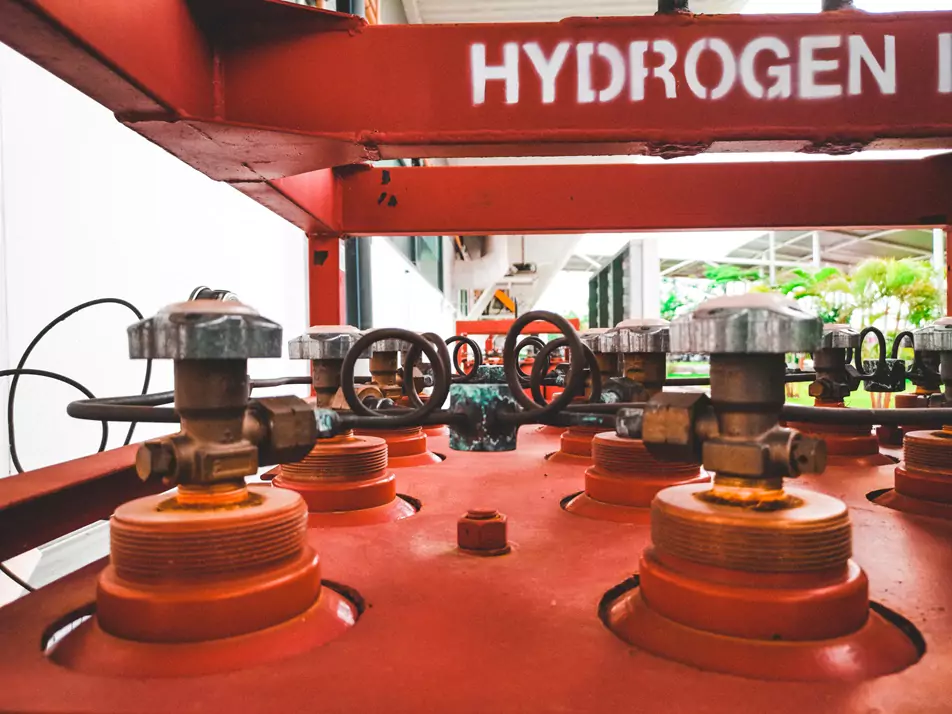
Image 1: Example of a Pressure Vessel - Yes, industrial compressed gas cylinders like the Hydrogen cylinders are indeed classified as pressure vessels.
What are Pressure Vessels?
Pressure vessels are strong containers engineered to store or transport fluids—gases or liquids—under high pressure. They are fabricated from robust materials such as steel or composite substances and designed to withstand extreme conditions. Their structural integrity is paramount, especially as they operate within environments that can pose significant risks.
Types of Pressure Vessels
Pressure vessels can be categorised based on their functions, including:
- Storage Tanks: For holding liquids or gases, often used in various industries.
- Reactor Vessels: Designed for conducting chemical reactions under controlled pressure.
- Heat Exchangers: Facilitating the transfer of heat between different fluids.
- Boilers: Generating steam for power generation and heating applications.
Understanding these types is essential for ensuring appropriate maintenance and inspection protocols.
The Importance of Safety and Regulatory Compliance
Given the inherent risks associated with pressure vessels, safety is non-negotiable. These vessels must adhere to stringent safety standards and regulations, such as AS 3788 in Australia and international codes like ISO 9712 for non-destructive testing personnel. Compliance with these regulations not only protects personnel but also minimises the risk of environmental hazards and operational disruptions.
The Role of Non-Destructive Testing (NDT)
Regular inspection and testing are vital to maintaining the integrity of pressure vessels. NDT methods utilise various techniques to detect issues without causing damage. Here are some common NDT methods employed for pressure vessel inspections:
- Ultrasonic Testing (UT): This technique involves sending high-frequency sound waves into the vessel's material, detecting internal defects such as cracks or inclusions by analysing the reflected waves.
- Magnetic Particle Inspection (MPI): Primarily used on ferromagnetic materials, MPI identifies surface and near-surface defects by applying magnetic fields and iron particles to highlight imperfections.
- Phased Array Ultrasonic Testing (PAUT): An advanced form of ultrasonic testing, PAUT produces detailed imaging, allowing inspectors to detect flaws at various depths and orientations with precision.
- Hydrostatic Testing: A critical procedure performed by filling the vessel with water to identify leaks and verify its ability to withstand operational pressure, often conducted after fabrication or maintenance.
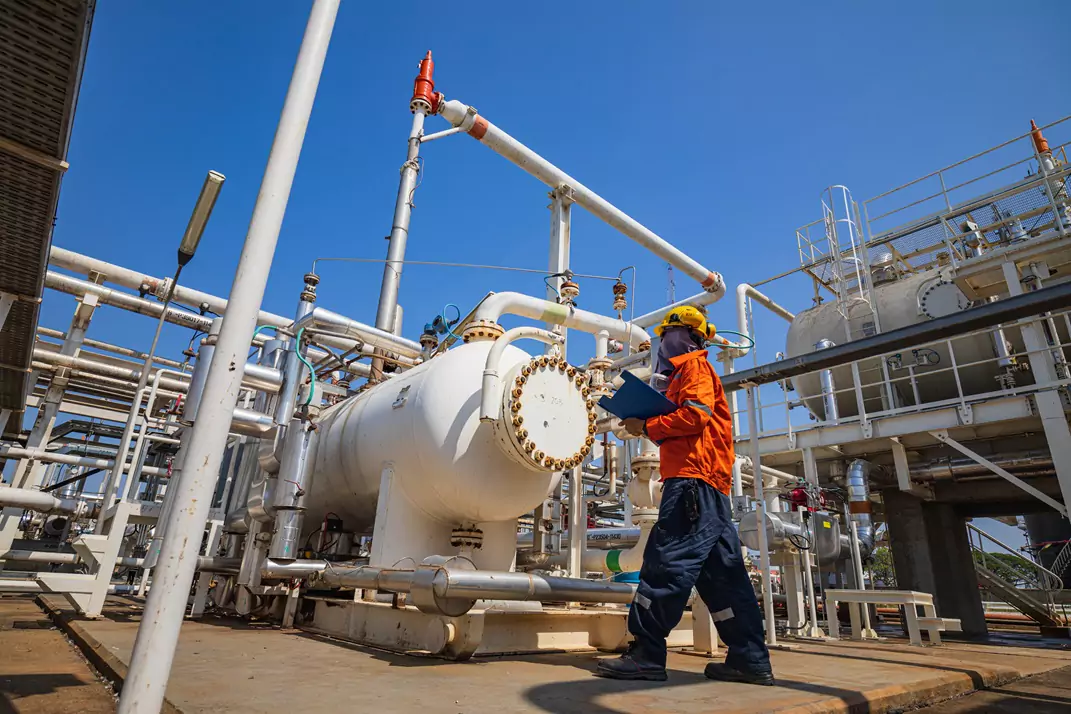
Image 2: Non-Destructive Testing Inspection Process
Ensuring Longevity and Reducing Downtime
By implementing a stringent NDT inspection regime, operators can enhance the safety and longevity of pressure vessels. Early detection of issues like corrosion, material fatigue, or other deteriorations enables timely interventions, reducing the risk of failure, avoiding costly downtimes, and ensuring your operations run smoothly.
Conclusion
In summary, pressure vessels are essential components in many industrial applications, necessitating a commitment to safety and compliance through regular inspections and NDT practices. By adopting a proactive approach, industries can safeguard their assets, protect personnel, and minimise operational risks. For businesses seeking to optimise the integrity of their pressure vessels, professional inspections tailored to specific needs are critical.
If you have questions or require further guidance on pressure vessel inspections, please do not hesitate to reach out. Ensuring safety and compliance is our top priority, and we are here to help you navigate the complexities of asset integrity management.
Comprehensive NDT Solutions: The APEC Inspect Advantage
APEC Inspect offers a complete range of NDT and inspection services, each complementing the others to provide comprehensive asset integrity solutions. Our Newcastle-based team brings decades of combined experience across all major industries in New South Wales and beyond.
Why Choose APEC Inspect?
- Comprehensive Expertise: From basic visual inspection to advanced PAUT , we offer the full spectrum of NDT services.
- Australian Standards: All our work complies with relevant Australian standards and international codes.
- Certified Personnel: Our team maintains current certification across all inspection methods.
- Modern Equipment: We continuously invest in the latest NDT technology.
- Customer Focus: We understand that each client's needs are unique and tailor our services accordingly.
Industry Coverage
We serve multiple sectors including:
- Mining and Resources
- Manufacturing
- Hydrogen Plants
- Power Generation
- Oil and Gas
- Marine
- Construction
- Infrastructure
Contact Us
For more information about any of our services or to discuss your specific inspection needs, contact our Newcastle office . Our technical team is ready to develop a comprehensive inspection program tailored to your requirements.
Recent Posts
APEC Inspection
The APEC Inspection Team are experienced in providing a wide range NATA Accredited third-party Inspection services. We have worked on national and international projects, from offshore oil and gas drilling rigs, to underground coal mines. We pride ourselves on providing quality pressure vessel inspections and non-destructive testing (NDT).
© apecinspect.com.au. All Rights Reserved. Designed by Peritus Digital
